Humor has been a companion to literature since the written word began. But how we laugh and what we find funny have transformed over time. Today, we will explore the fascinating evolution of humor in literature. It includes its journey from Chaucer’s bawdy tales to today’s witty wordplay.
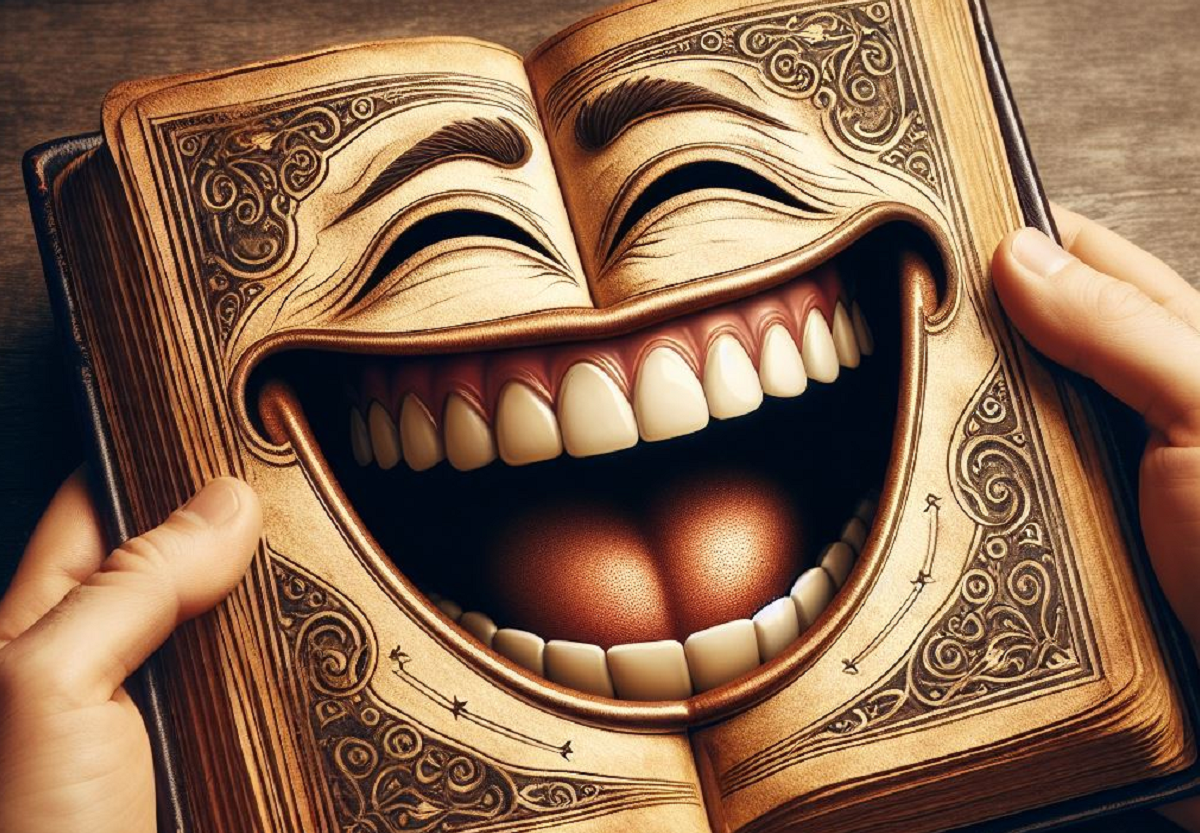
The Laughing Quill: A Journey Through Evolution of Humor in Literature
Humor has been an integral part of literature for centuries. It has served not only to entertain but also to critique, to challenge, and to offer a unique perspective on the human condition. This essay embarks on a fascinating journey through the evolution of humor in literature.
Early Echoes of Laughter: Chaucer and Social Satire
Geoffrey Chaucer is known as the father of English literature. In the 14th century, he peppered his iconic work, The Canterbury Tales, with a brand of humor that relied heavily on social satire. His characters were lampooned for their quirks and vices.
From the Wife of Bath’s bawdy tales to the drunken Miller’s interruptions, humor emerged from exposing human flaws and societal hypocrisies. Jokes often relied on wordplay, physical comedy, and bawdy innuendo. These elements might raise eyebrows today but resonate with Chaucer’s audience.
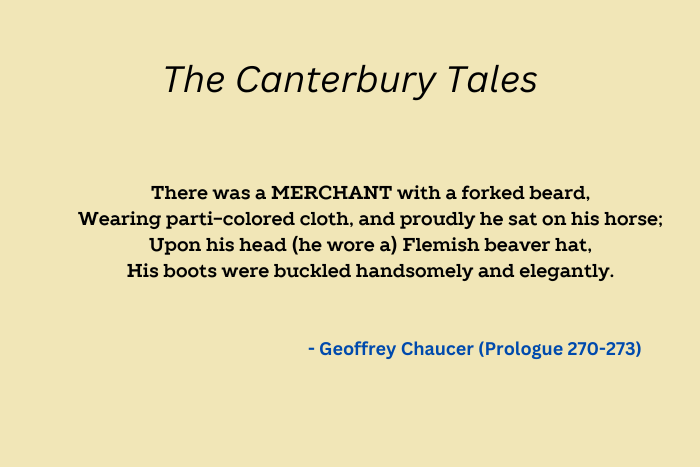
The Renaissance: Wit, Wordplay, and the Rise of the Individual
The Renaissance saw a shift in focus. It had a renewed emphasis on classical ideals and the rise of the individual. So, humor became more sophisticated.
Writers like William Shakespeare employed witty wordplay, puns, and clever metaphors. Think of the hilarious exchanges in Twelfth Night or the witty insults traded in Much Ado About Nothing. Satire became more subtle but still targeted societal norms and intellectual foibles.

The Enlightenment: Reason and the Absurd
The Enlightenment of the 18th century ushered in a new brand of humor – the humor of the absurd. Writers like Jonathan Swift used satire to expose the follies of reason and logic in his masterpiece Gulliver’s Travels.
Swift’s miniature Lilliputians and gigantic Brobdingnagians held a distorted mirror of human behavior. Irony and dry wit became prominent tools, forcing us to confront the absurdity of human nature through a humorous lens.
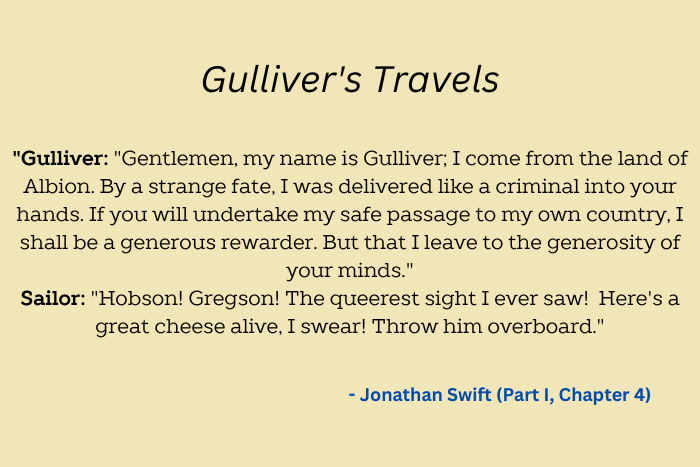
Recommended: Modernism in Literature | Characteristics and Examples
The Romantics: Darker Laughter and the Rise of the Gothic
The Romantic period (18th-19th centuries) introduced a darker shade of humor. Writers like Mary Shelley explored the macabre and grotesque in her chilling Frankenstein.
The line between humor and horror blurred, creating a sense of unease and nervous laughter. This dark humor reflected a growing awareness of the darker aspects of the human psyche and the anxieties of the emerging industrial age.
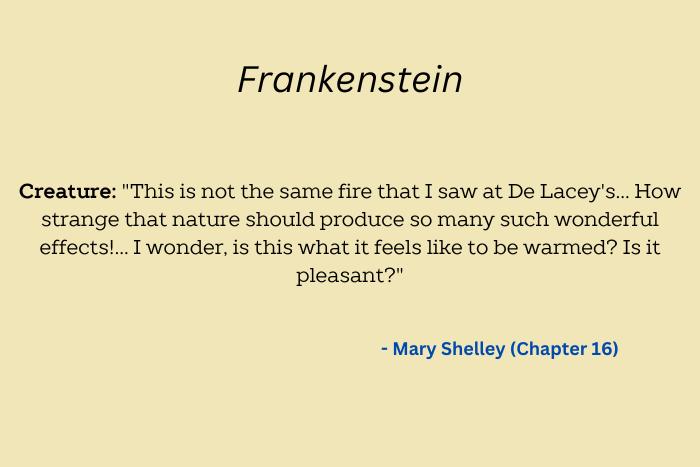
Victorian Restraint and the Rise of the Novel
The Victorian era (19th century) witnessed a shift towards a more restrained form of humor. Social etiquette dictated a certain decorum. Humor often took the form of witty social commentary or the gentle observation of human foibles.
Jane Austen is a master of this subtle humor in novels like Pride and Prejudice. It employs irony and social satire to expose the absurdity of class structures and societal expectations.
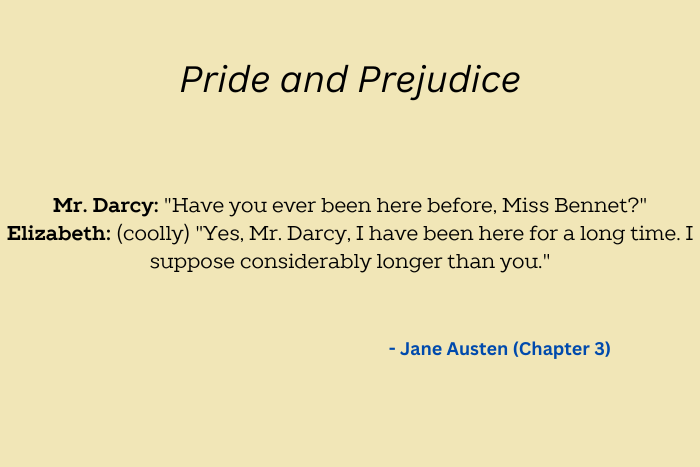
20th Century: Modernity and the Explosion of Humor
The 20th century saw an explosion of humor in literature. Modernist writers like James Joyce embraced the nonsensical in his stream-of-consciousness masterpiece Ulysses.
Humor became more subjective, reflecting the fragmented nature of modern life.
Alongside this, genres like satire and parody flourished. Think of the biting social commentary of George Orwell’s Animal Farm or the hilarious send-ups of detective fiction in Douglas Adams’ The Hitchhiker’s Guide to the Galaxy.
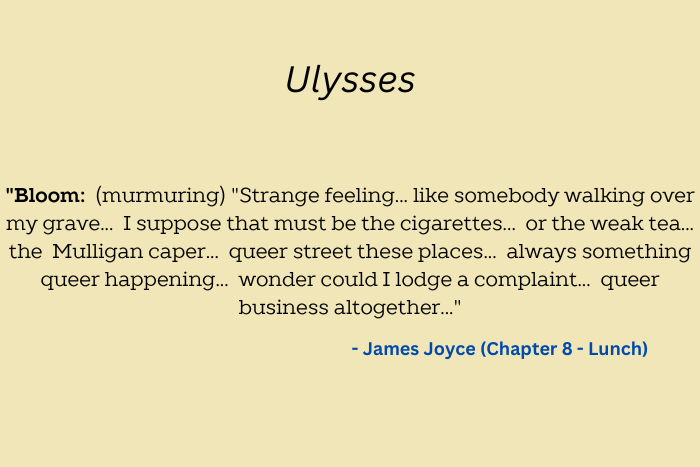
The Digital Age: Memes, Dark Humor, and the Ever-Evolving Laugh
In the digital age, humor has taken on a new life. The rise of the internet has birthed memes, viral jokes, and a constant stream of comedic content. Once confined to the margins, dark humor has become more mainstream. This reflects the anxieties of our interconnected world.
Satire thrives online and targets political figures and social media trends. With its immediacy and audience interaction, stand-up comedy has found new life in the form of podcasts and online videos.
The Future of the Funny: A Melting Pot of Laughter
The evolution of humor in literature is a testament to its dynamic nature. It reflects the social, cultural, and technological changes of each era. As we move forward, humor will likely continue to evolve. It would also draw from the rich tapestry of comedic traditions and adapt to new platforms and sensibilities.
The future of the funny promises to be a melting pot of laughter. Here, the bawdy tales of Chaucer meet the witty wordplay of Shakespeare, all seasoned with the absurdity of the internet age.
Recommended: Surrealism in Literature | Characteristics, Writers, and Examples
In conclusion, humor is a vital part of the literary experience and allows us to laugh at ourselves, our world, and the human condition. As we explore the history of humor in literature, we gain a deeper knowledge of its evolution during different periods.


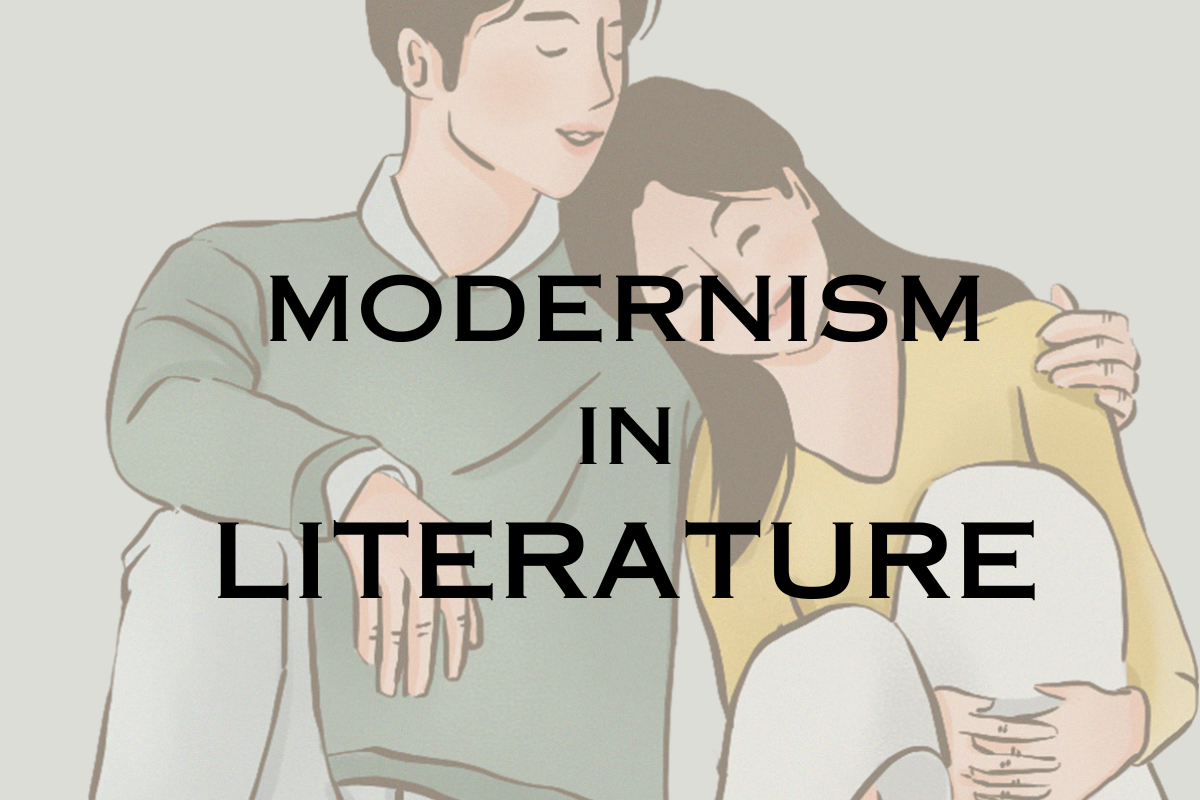
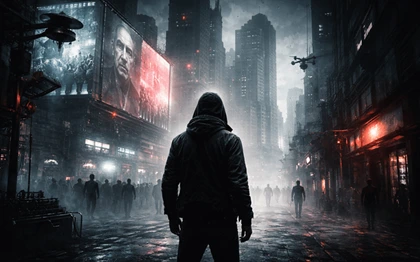
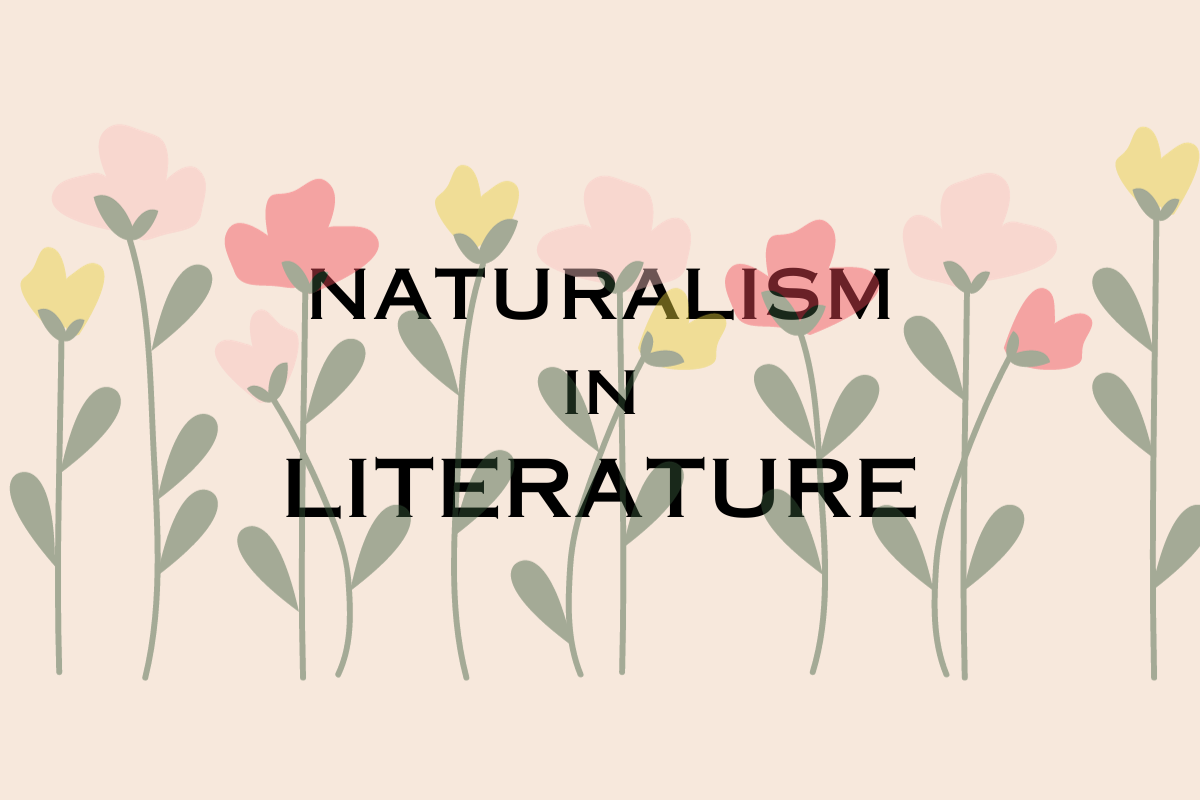
A very useful summary!